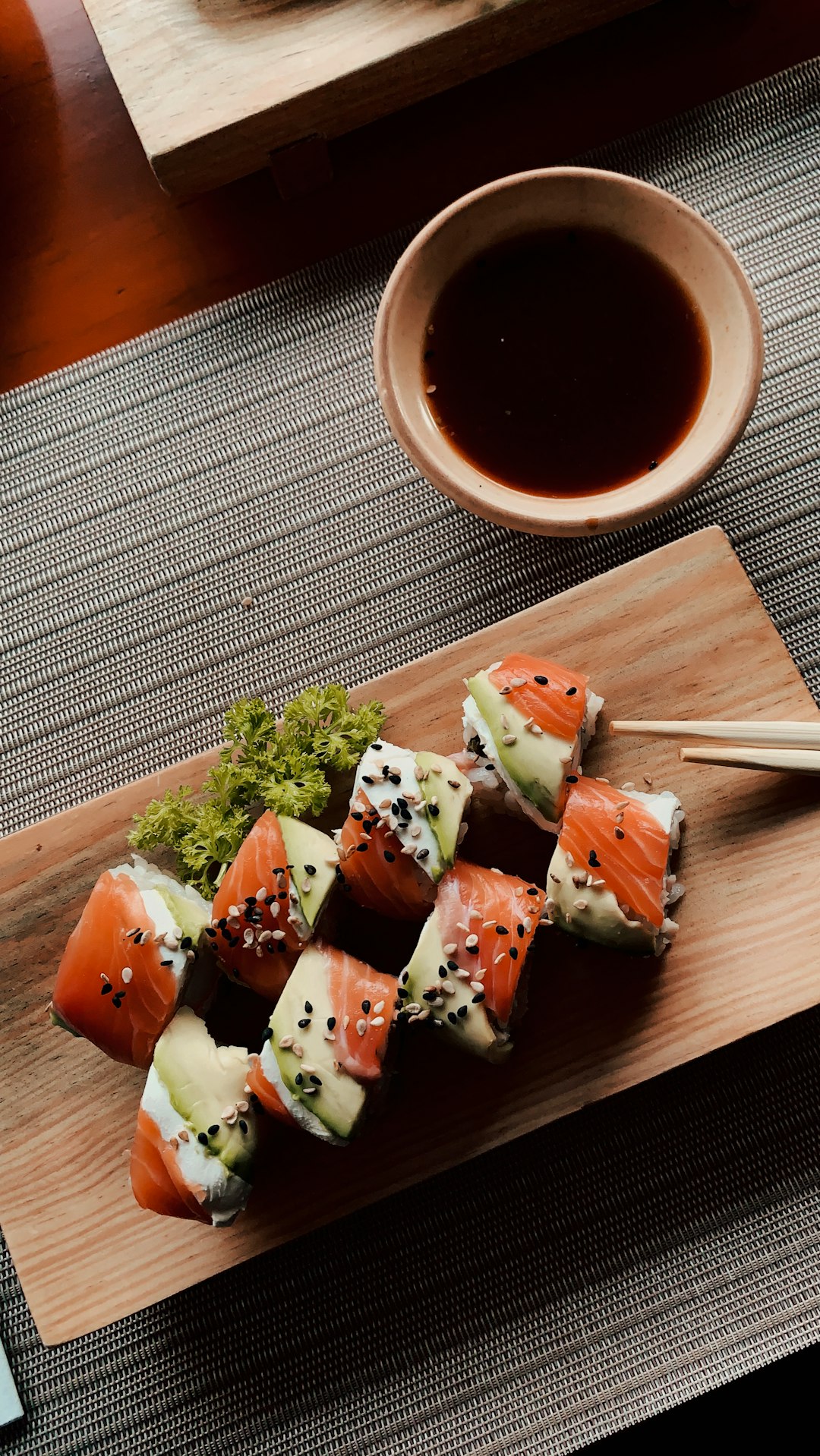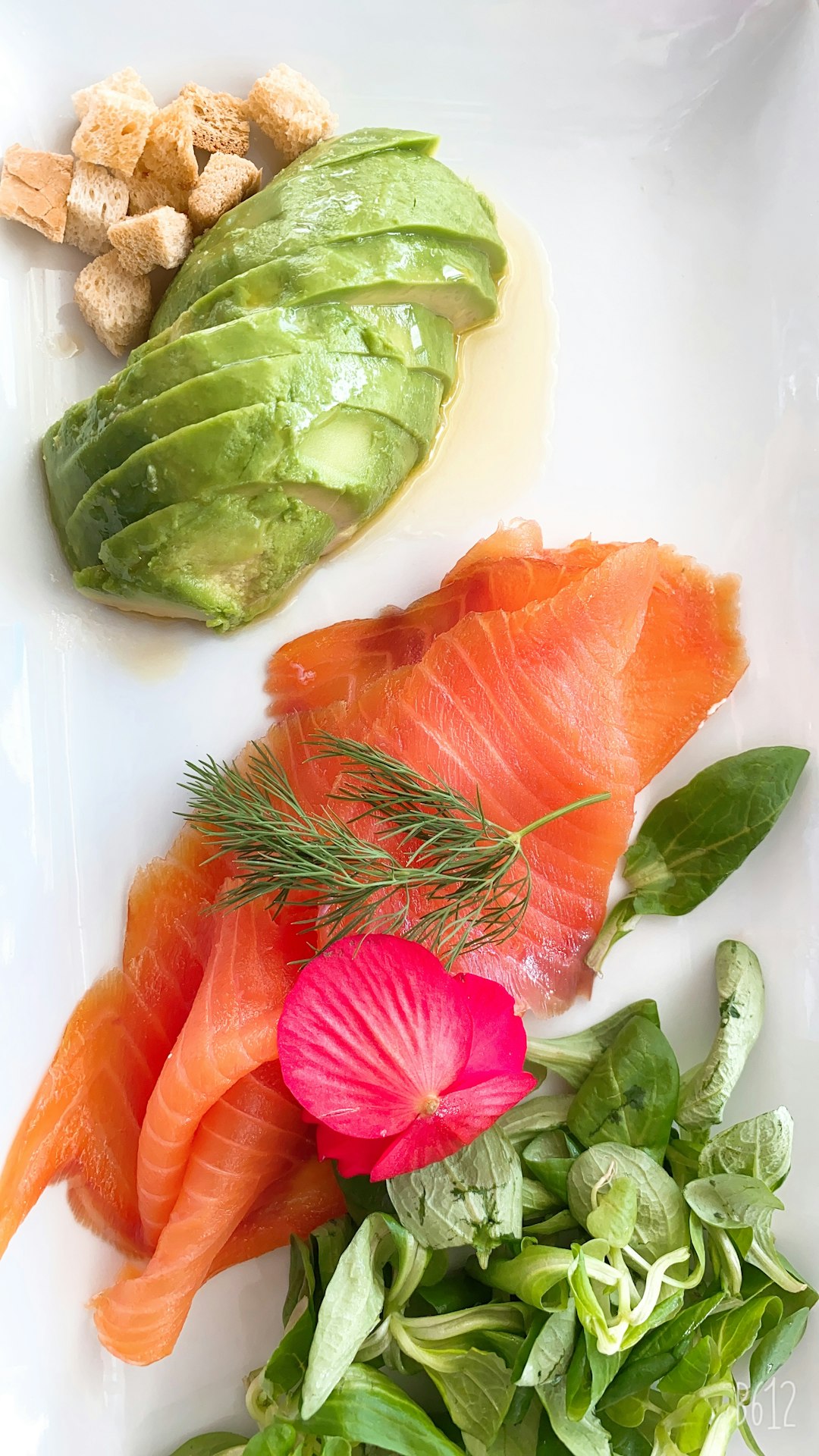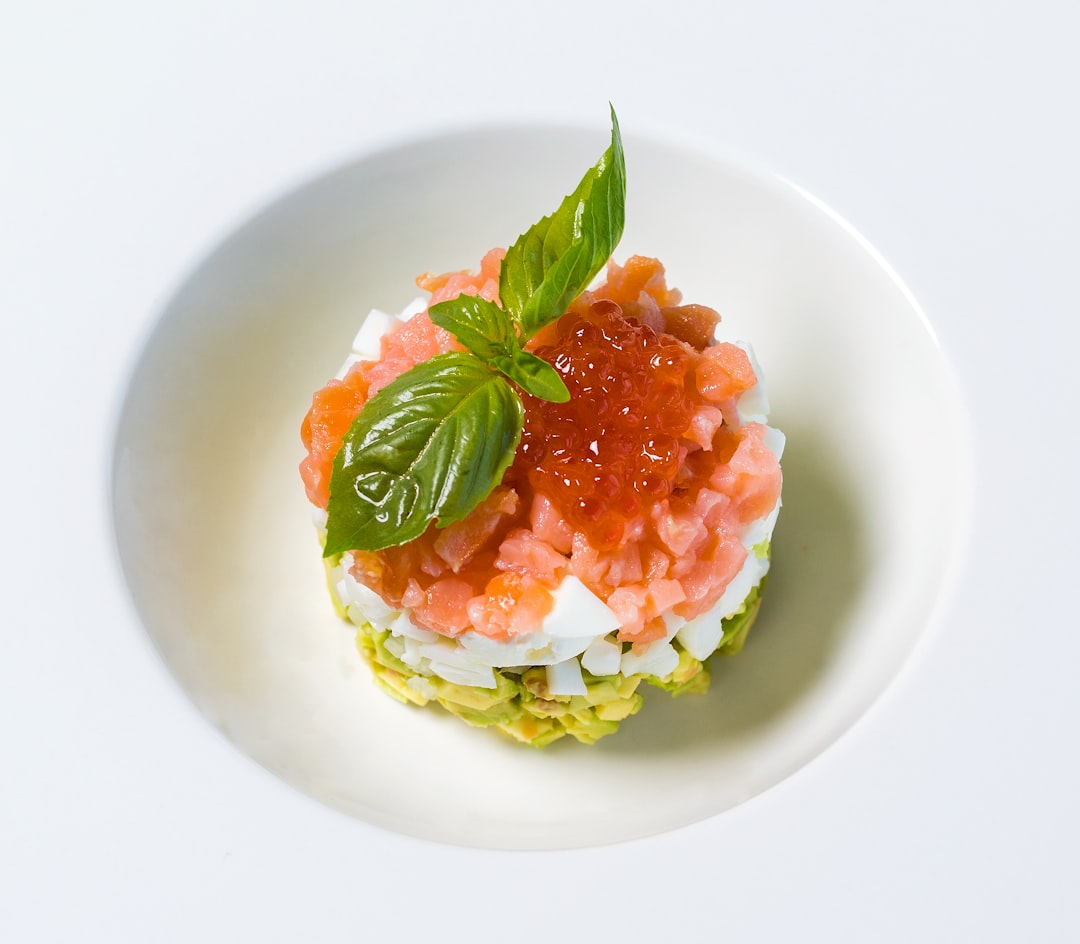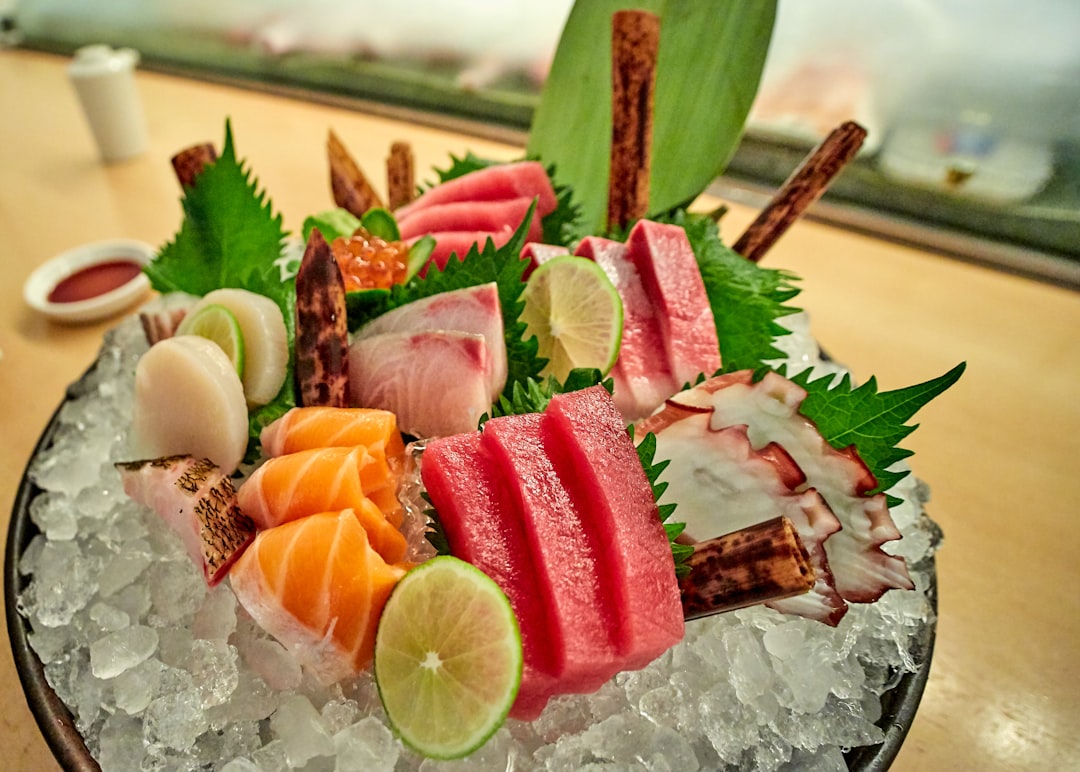Salmon
For many centuries, salmon has held a special place in the hearts of human cultures across the world. It's migratory nature, powerful instinct, and hearty diet make it an oceanic juggernaut that is worthy of our respect. It has been prized as a powerful symbol of renewal, endurance, perseverance, strength, and fertility in many mythologies throughout the ages.
In the wild, salmon are a robust stock of resilient stamina. With their incredible longevity and tireless spawning efforts, they energetically return year after year to their ancestral waters, defying the odds of harsh conditions such as currents, predators, and deprivation. Witnessing their truly impressive march is an example of true resilience and adaptation, with their intricate navigation skills leading the way.
Salmon are also anecumenical delicacy. Many iconic styles of cuisine feature them in some form, from simple pan-fried fillets to elaborate entrees. This ability to endorse itself to any recipe makes them an exciting option to explore. Not to mention, it packs a flavorful punch that can't be ignored.
In addition to its uses in the kitchen, salmon is also highly esteemed for its nutritional benefits. Full of essential fatty acids and lean proteins, salmon not only provides an array of essential nutrients, but also offers a low calorie option for a healthy diet. The omega-3 content of its flesh is credited with improved brain functioning and physical health.
The merits of salmon go far beyond the kitchen. Its outstanding characteristics have helped shaped many cultures and have earned it a deserved place in the pantheon of food. From reliable resource to revered legend, salmon will remain a formidable force for generations to come.
Salmon dishes
A selection of Salmon dishes.
Sushi
When I think of sushi, some of the most delicious and exotic dishes come to mind. The combination of savory and tart flavors, the contrasting textures of raw fish and sticky rice, the clever presentation of an automobile-shaped roll all make for a truly unforgettable culinary experience.
SushiLomi salmon
Lomi salmon is a classic Hawaiian dish brought to the islands by migrants from the Philippines. The dish is typically made with salted salmon, tomatoes, onions and other vegetables, all diced and marinated in an acidic citrus base. This versatile entree is perfect for any occasion - from casual beachside lunches to elaborate dinner parties.
Lomi salmonRui-be
Ah, Rui-be, what a delicacy. It's a dish whose delectability is surpassed only by its complexity. This steamed fish dish originates from the Hubei Province of China and has long been a favorite among connoisseurs who appreciate the painstaking precision involved in its preparation.
Rui-beSalmon tartare
I am a huge fan of dishes that feature seafood, but I recently encountered one that truly blew me away: salmon tartare. This delectable delicacy is made with raw salmon, finely diced and mixed with complimentary flavors such as herbs, sea salt, and capers that add a punch of flavor and texture.
Salmon tartaresashimi
Sashimi, a veritable avalanche of flavor and umami, is a delightful Japanese delicacy that has been soothing palates for centuries. Featuring raw fish mounded on top of tangy rice, this delectable dish is a veritable feast for the senses, combining fragrant aromatics with zesty ingredients to provide an experience beyond compare.
sashimiSalmon
Salmon is one of the most beloved seafood delicacies and it's no wonder why. With its firm texture, nutritive properties, and succulent flavoring, salmon is truly a culinary masterpiece. A versatile ingredient, salmon can be prepared in any style, from glazed to smoked, and is an essential component in some of the world's most iconic dishes.
When pairing food to properly highlight salmon's delectable flavor, look no further than citrus fruit, herbs, and olive oil. A simple yet sublime combination of lemon, oregano, and olive oil works wonderfully for marinades and dressings when served with salmon. Mustard vinaigrette or Asian inspired teriyaki sauces are also perfect complements to grilled salmon. The addition of capers adds an extra layer of tangy salinity to your dish.
In terms of side dishes, rice, pasta, and risotto are some of the more traditional accompaniments, but to really set your meal apart why not try root vegetables, roasted kale, or pomegranate salad? If you're looking for something truly exotic, a robust tomato brulee is sure to surprise and delight.
Popular dishes featuring salmon include salmon mousseline, a decadent entrée made with poached salmon, cream cheese, and herbs; lox bagel sandwiches, with their classic mix of salted smoked salmon, tomato, red onion, dill cream cheese, and capers; and the ever-popular salmon sashimi, which packs a punch with its salty umami flavor.
No matter how it's cooked, Salmon is a superior choice for any menu. From the health benefits to its divine flavor, Salmon is simply a delight. Whether you're looking to impress your guests or simply enjoy a stunningly delicious meal at home, Salmon is always a splendid selection.
History of Salmon
Salmon is a nutritional powerhouse found on the dinner tables of many cultures, but how did it become such a staple in so many diets? Though its history dates back centuries, salmon's rise to prominence began with its discovery as an incredibly healthful food.
The fish's origins can likely be traced back to Native Americans, who have long appreciated the fleshy, protein-rich delicacy for its superior flavor and superior health benefits. Salmon was used for both sustenance and ceremonial purposes amongst some tribes, such as the Chinook people of the Pacific Northwest.
The widespread availability of salmon is the result of its incredible adaptability. Salmon are able to migrate between salt and freshwater, meaning they can survive in a variety of different environments. This has allowed them to thrive in various parts of the world, from the cold and icy waters of Alaska to the Mediterranean Sea.
Salmon’s global appeal has also been bolstered by advances in technology and transportation. For instance, the invention of commercial fishing vessels and the development of ice-breaking ships have enabled more efficient harvesting of the fish in relatively remote locations.
In addition, salmon's popularity has been buoyed by the increasing availability of farmed salmon. While salmon’s wild stocks have declined due to overfishing, farmed salmon has been able to pick up the slack, allowing more people access to the fish.
Thanks to its widespread availability and affordability, salmon has become a dietary mainstay, enjoyed in dishes ranging from sushi to tacos. Of course, not everyone appreciates the flavor – dried wild salmon is a staple amongst the Inuit people, but to many others it has an acquired taste. Nonetheless, its plentiful health benefits, including a high concentration of good fats and vitamin B12, have made it a desirable seafood for centuries.
No matter how you prefer your salmon, there’s no denying that its sheer ubiquity has made it one of the most popular seafoods in the world. Without a doubt, it’s here to stay.






